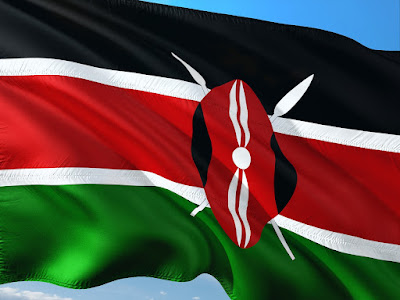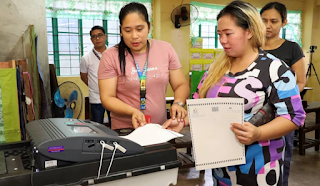 |
| Voters had to wait for hours outside polling centers |
The Democratic Republic of Congo’s (DRC) pursuit of democratic consolidation faced a significant setback in the 2023 presidential elections. This high-stakes election, which had the potential to mark the second peaceful civilian-to-civilian transition since the country’s independence in 1960, wound up marred by violence, logistical challenges, and widespread malfunctioning of election technology provided by Miru Systems.
Election technology, central to the electoral proceedings, were expected to streamline and secure the vote. However, the CENCO-ECC observation mission’s report starkly highlighted that nearly 45.1% of polling stations faced technical issues with these devices. Reports from the media detailed numerous equipment breakdowns and technical glitches that caused substantial delays and voter confusion, directly impacting the credibility and smooth conduct of the polls.
With the essential act of voting compromised, election authorities were compelled to extend the electoral process by an additional day, attempting to mitigate the disenfranchisement of voters who faced disruptions. However, this extension was not enough to quell the rising discontent. Five presidential candidates have called into question the integrity of the elections, demanding that the process be nullified and redone.
A pre-election report by the Carter Center, issued weeks prior to the election day, had already flagged serious issues with the registration kits also provided by Miru Systems. Voter cards, necessary for casting ballots, were found to have smudged information due to faulty thermal printers included in the kits, which led to unreadable cards. Inefficient voter identification processes frequently result in protracted queues and can lead to disenfranchisement of voters.
Adding to the list of technological calamities, the durability and reliability of voter data on the newly issued ID cards were also in doubt. In some troubling instances, as reported by Africa News, personal information vanished from the voter ID cards, raising concerns over voter disenfranchisement and data security. These cards, which are vital for the identification of eligible voters, were also supplied by Miru Systems.
Despite the shortcomings, authorities have been resolute in their plan to announce preliminary results by December 31, with official results expected by January 10 at the latest. The inauguration of the new president is to follow ten days after the official results are made public.












